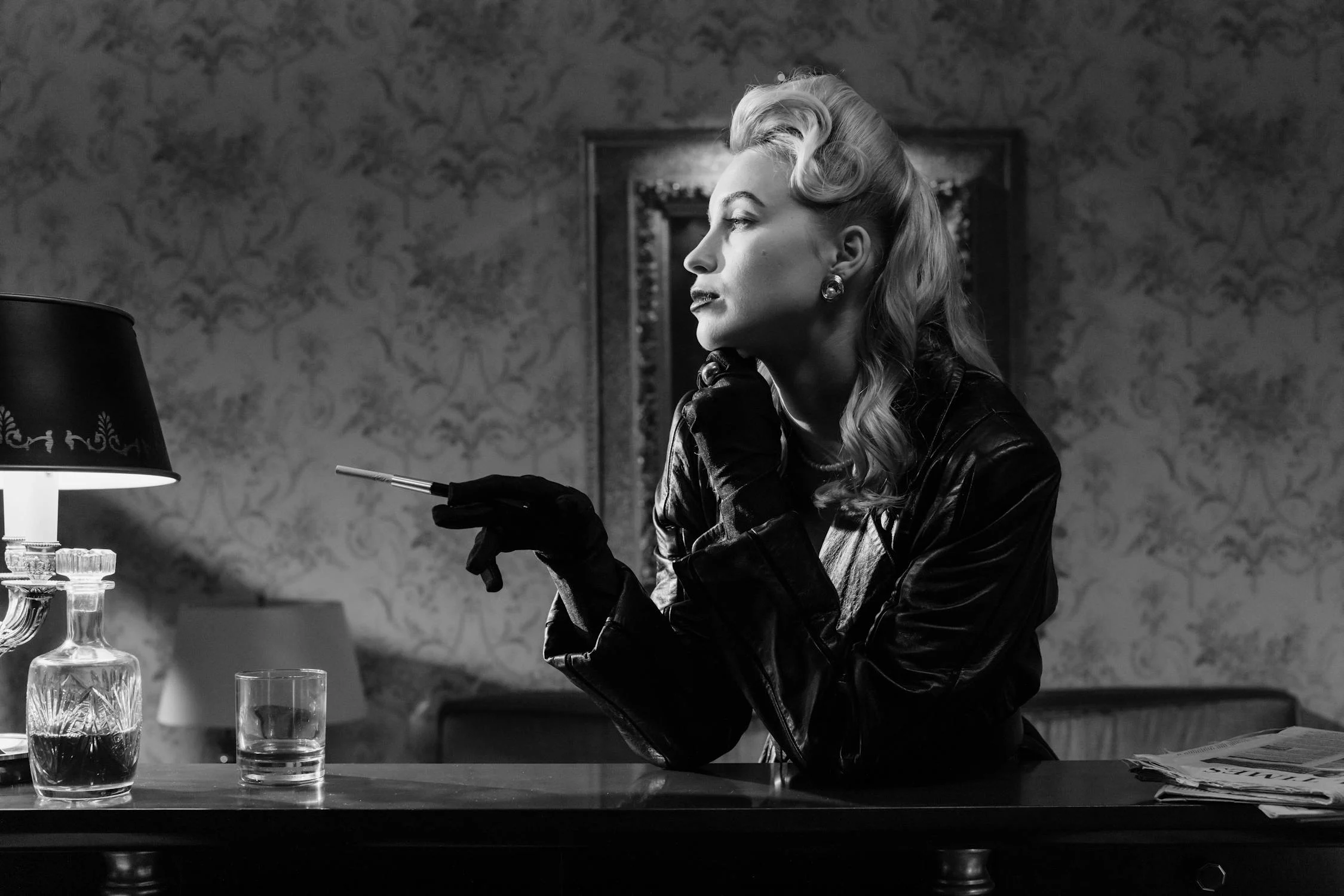Why Are Females Now Called Actors?
(By Jim Webb)
 (Photo: Pitt Rom | Pexels)
(Photo: Pitt Rom | Pexels)
RELATED TOPICS:
Why Can’t We Say “Actress” Anymore?
Is it Offensive to Say “Actress”?
Why is the Term “Actress” No Longer Used?
The entertainment industry has long been shaped by traditional gender roles, but in recent years, there has been a noticeable shift in how language is used to describe those who perform in movies, television shows, theater, and other media. One significant change is the move toward calling female performers “actors” rather than the historically used term “actress.” This change reflects a broader cultural movement toward gender equality and challenges longstanding stereotypes. In this article, we will explore why females are now increasingly being called “actors” and how this shift reflects evolving attitudes about gender in society.
1. Historical Context of “Actor” and “Actress”
 (Photo: Ron Lach | Pexels)
(Photo: Ron Lach | Pexels)
Historically, the term “actor” was used as a gender-neutral label for anyone involved in the art of performing. In fact, in many early forms of theater, the term “actor” referred to both male and female performers, since women were often prohibited from performing on stage in certain societies. It wasn’t until the 18th century, when women started appearing more regularly on stage, that the term “actress” was coined to specifically refer to female performers.
For a long time, “actress” was considered the appropriate title for a woman in the acting profession, just as “actor” was for a man. However, the use of “actress” began to come under scrutiny as society progressed and began to challenge traditional gender norms.
2. The Movement Toward Gender Equality
In the last few decades, there has been a significant cultural shift toward gender equality, and this change has influenced various industries, including entertainment. As part of this movement, many people began to question why a distinction needed to be made between male and female performers in the first place. After all, the act of performing—the craft of acting—remains the same, regardless of gender.
Feminists, activists, and some performers began to argue that the term “actress” perpetuated a gendered separation that was unnecessary in a society striving for equality. They pointed out that the profession of acting should be seen as a craft rather than something that is determined by one’s gender. This advocacy for gender-neutral language has led many to embrace the term “actor” as an all-encompassing word for both men and women.
3. Language Reflecting Evolving Attitudes
 (Photo: Cottonbro Studio | Pexels)
(Photo: Cottonbro Studio | Pexels)
Language is a powerful tool in shaping perceptions, and as society has become more aware of gender biases, the language we use has evolved. The entertainment industry has played a part in this evolution, with many influential female performers choosing to identify as “actors” rather than “actresses.” The aim is to remove the unnecessary gendered distinction and highlight the idea that skill, talent, and creativity are what truly define an actor, not their gender.
This shift is part of a larger cultural push to remove gender labels from various professions and social roles. Just as we see women in leadership positions or in traditionally male-dominated fields like science and engineering, the entertainment world is increasingly reflecting the notion that gender should not determine an individual’s potential or title.
4. Influence of Leading Female Performers
Many notable female actors have played a key role in promoting the use of “actor” as a gender-neutral term. Meryl Streep, Cate Blanchett, and Emma Thompson, among others, have spoken out about the importance of treating men and women equally in the industry, both in terms of roles and recognition. By using the term “actor,” these performers emphasize that their craft is no different from their male counterparts and that gender should not define their professional identity.
Furthermore, the move toward using “actor” is often seen as an effort to challenge the objectification of women in Hollywood, where female performers have historically been viewed primarily for their looks rather than their skills. By adopting a more neutral, universal term, female actors help shift the focus away from their gender and toward their talent.
5. Impact on Awards and Industry Practices
The change in terminology has been reflected in the way the entertainment industry approaches awards and recognition. Some prestigious award shows, such as the Academy Awards, have taken steps toward using more inclusive language, with some opting for gender-neutral categories like “Best Performance by an Actor in a Leading Role” instead of separating the categories by gender (e.g., “Best Actor” and “Best Actress”). Although gender-specific categories still exist in some instances, the trend toward gender-neutral recognition signals a desire for equality and respect for all performers.
Additionally, as the focus shifts toward using “actor” for both men and women, more attention is being given to the diversity of roles available to female performers, as well as their pay and recognition in the industry. The use of gender-neutral terms is part of a larger effort to level the playing field and make the industry more equitable for all.
The movement toward calling females “actors” instead of “actresses” is not just a linguistic shift but a reflection of broader cultural changes. It symbolizes a growing desire for gender equality in the entertainment industry and society at large. As more female performers and advocates embrace the use of “actor” as a universal term, the focus is shifting from gender to talent, creativity, and professionalism.
You Might Also Like:
Do Actors Really Kiss While Filming?



